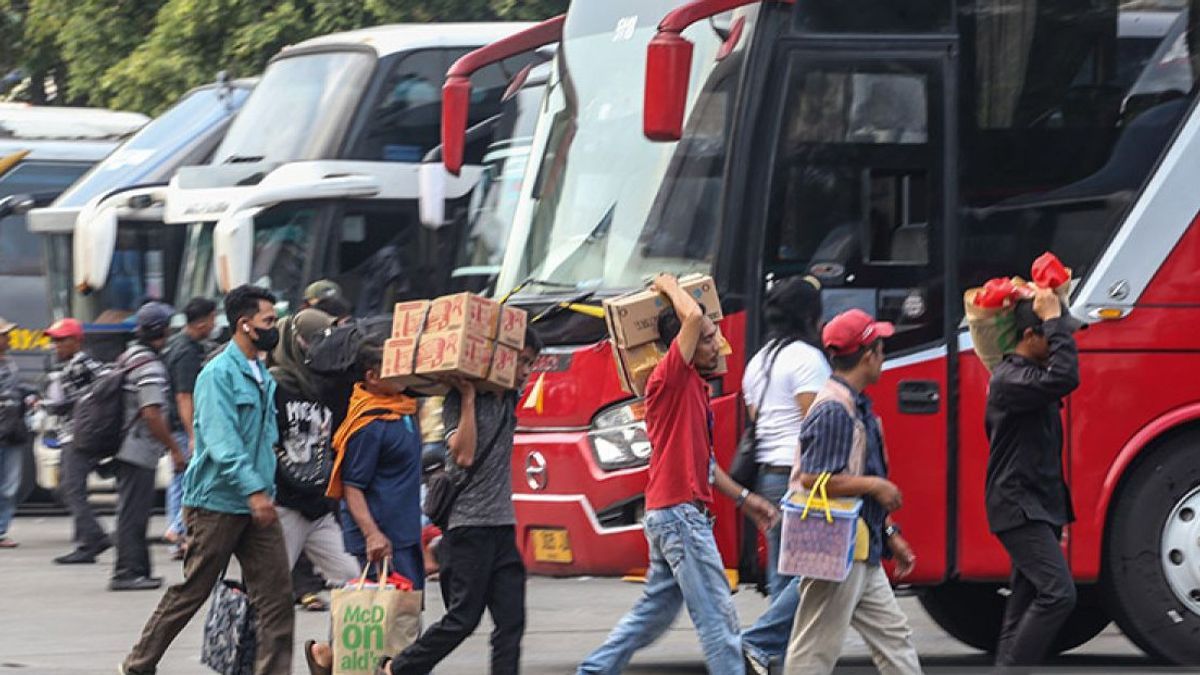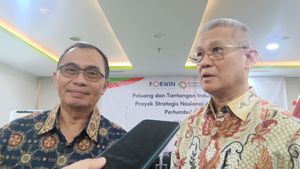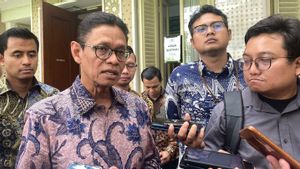YOGYAKARTA Some of us may not know the tradition of torons. The toron tradition is a Madurese homecoming activity that lives outside Madura Island or is monitoring ahead of Eid al-Adha.
The term toron is the opposite of the term onggha, which is to migrate to another destination (emigration). To find out more about the tradition of torons, see the following reviews.
The toron tradition is a homecoming activity carried out by people from the Madura Tribe at several important moments, one of which is ahead of Eid al-Adha.
According to Moordiati, the lecturer in History at the Faculty of Cultural Sciences (FIB) Universitas Airlangga (UNAIR), said 'toron' has two meanings, namely going down and returning to his hometown.
Toron means two things, the first to go down, the Madurese who migrated back to their hometowns. The second is T"oron Tana ", namely Madurese returning to their hometowns to visit their families and relatives," explained Moordiyati, quoted from UNAIR's official website.
He added, in the context of visiting the family, Madurese not only visited the families and relatives who were still alive, but also relatives who had died on a pilgrimage to his grave.
SEE ALSO:
In the history of the Madurese people, the tradition of torons has become a habit that has been done for a long time. Even so, there is no primary source to explain specifically when the origin of the tradition came from.
There is no specific note from the Colonial relic about when this tradition originally existed. However, based on the Madurese who migrated outside the region, they actually started before the 19th century," said Moordiati.
Furthermore, Moordiati said that the word 'Toron' has its own meaning for the Madura people.
Toron is one of the traditions that is still sustainable today. This tradition aims to increase the ties of brotherhood and love for family, relatives, friends, and homeland.
"Toron is like a cure for longing and a spirit of motivation for the migrant community from Madura. This is also a warm moment and increases the sense of brotherhood and love for the homeland for the people of Madurese," said Moordiyati.
In terms of socio-economics, the tradition of torons has a positive impact on improving the economy of the Madura people. This is what makes the tradition of torons sustainable.
"Most of the migrants are successful, when they return home, the other Madurese people are thermotitiated, so that there is a diaspora and the Toron tradition continues to be sustainable," said Moordiyati.
Meanwhile, Bagong Suyanto, an Airlangga University sociologist, said that the Toron tradition is interpreted by Madura migrants as their way of continuing the Bheleh or activities to maintain kinship after returning from monitoring.
Ahead of Eid al-Adha, Madurese interpret this tradition as a time for alms which culturally means to encourage people to return to their hometowns.
That's an explanation of the tradition of torons. Hopefully this information can make you get to know the tradition of torons more deeply. To get other selected news updates, keep reading VOI.ID.
The English, Chinese, Japanese, Arabic, and French versions are automatically generated by the AI. So there may still be inaccuracies in translating, please always see Indonesian as our main language. (system supported by DigitalSiber.id)















